📗 Libro en inglés ILLUMINATIONS
PIMLICO. RANDOM HOUSE- 9780712665759
Sinopsis de ILLUMINATIONS
The literary-philosophical works of Walter Benjamin (1892-1940) rank among the most quietly influential of the post-war era, though only since his death had Benjamin achieved teh fame and critical currency outside his native Germany accorded him by a select few during his lifetime. Now he is widely held to have possessed one of the most acute and original minds of the Central European culture decimated by the Nazis. Illuminations contains his two most celebrated essays, 'The Work of Art in the Age of Mechanical Reproduction' and 'Theses on the Philosophy of History', as well as others on the art of translation, Kafka, storytelling, Baudelaire, Brecht's epic theatre, Proust and an anatomy of his own obsession, book collecting. The essay is Benjamin's domain; those collected in this now legendary volume offer the best possible access to his singular and significant achievement. In a stimulating introduction, Hannah Arendt reveals how Benjamin's life and work are a prism to his times, and identifies him as possessing the rare ability to think poetically.
Ficha técnica
Traductor: Harry Zohn
Editorial: Pimlico. Random House
ISBN: 9780712665759
Idioma: Inglés
Número de páginas: 272
Tiempo de lectura:
5h 35m
Encuadernación: Tapa blanda
Fecha de lanzamiento: 12/02/1999
Año de edición: 1999
Plaza de edición: London
Alto: 21.0 cm
Ancho: 13.0 cm
Especificaciones del producto
Escrito por Walter Benjamin
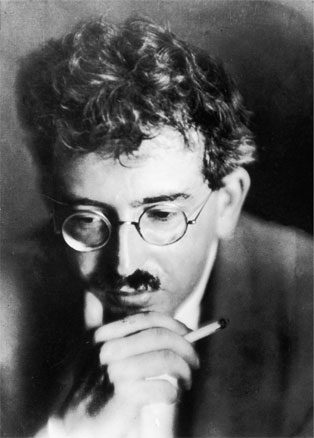
Walter Benjamin (Berlín, 1892 - Portbou, 1940) es uno de los pensadores alemanes más originales e influyentes del siglo XX. Se dedicó con el mismo rigor al análisis literario y estético y la teoría filosófica, enriqueciendo todos los campos con conceptos provenientes de la sociología, el materialismo histórico y el misticismo judío. Vinculado a la Escuela de Frankfurt, aunque excluido de la nómina debido al esoterismo —la transversalidad— de su aplicación de la crítica marxista, la existencia de Benjamin transcurrió en los márgenes. El establecimiento del Tercer Reich le obligó a exiliarse en Francia y, de ahí, intentar pasar a España. La persecución nazi creó para él, según escribe en su nota de suicidio, «una situación sin salida»… El 26 de septiembre de 1940 ingirió una dosis mortal de morfina.
Descubre más sobre Walter Benjamin Recibe novedades de Walter Benjamin directamente en tu email
Opiniones sobre ILLUMINATIONS
¡Sólo por opinar entras en el sorteo mensual de tres tarjetas regalo valoradas en 20€*!


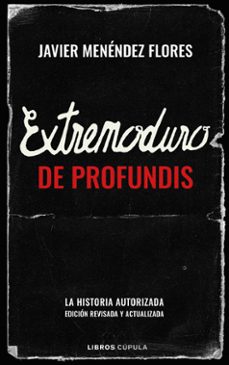











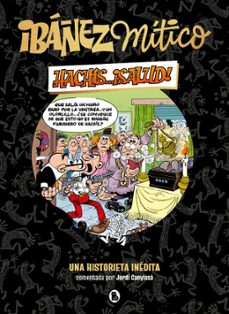

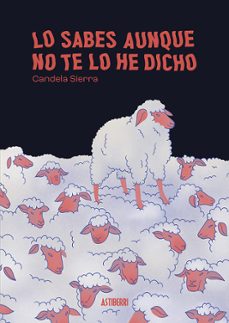


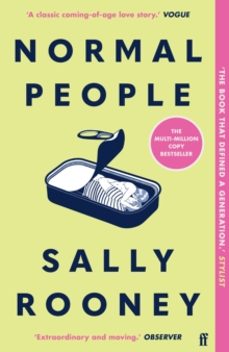




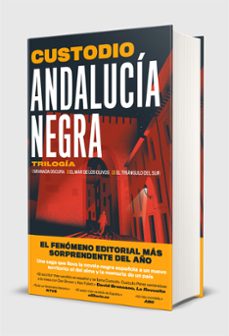

![harry potter y el cáliz de fuego (harry potter [ediciones ilustra das interactivas] 4)-j.k. rowling-9788419868497](https://imagessl7.casadellibro.com/a/l/s5/97/9788419868497.webp)



